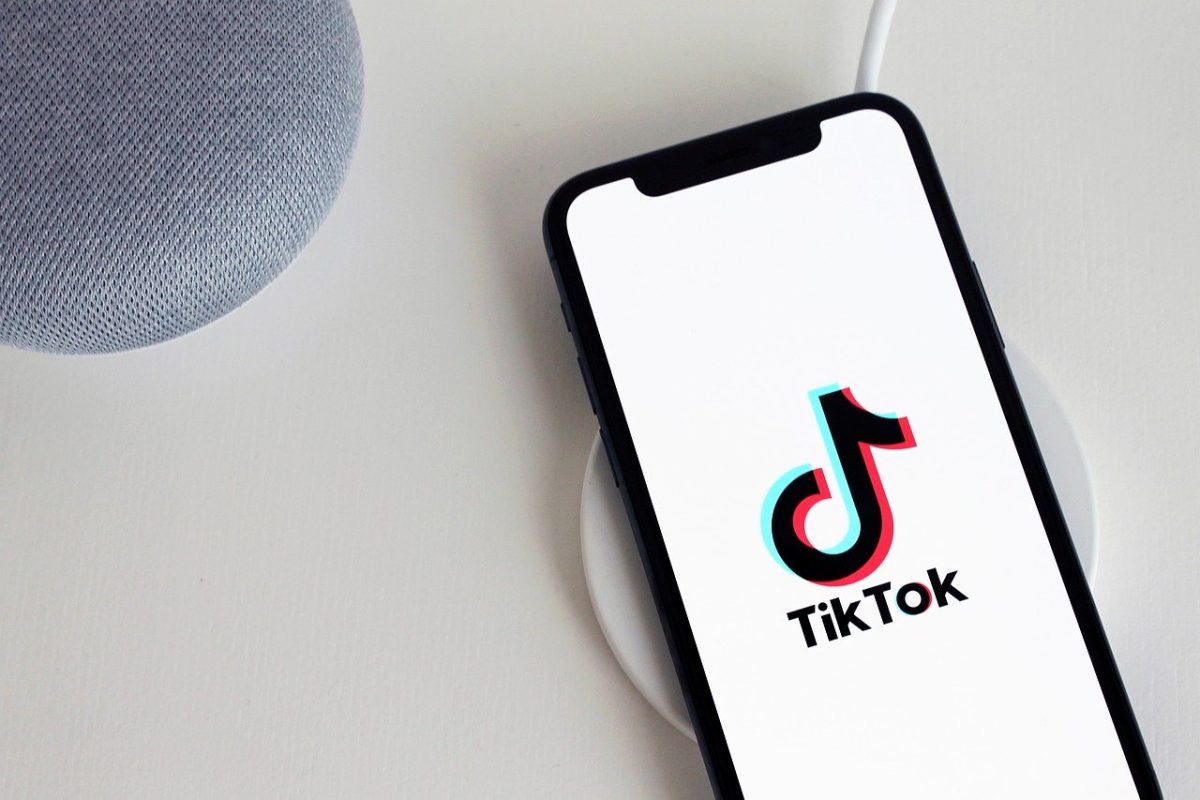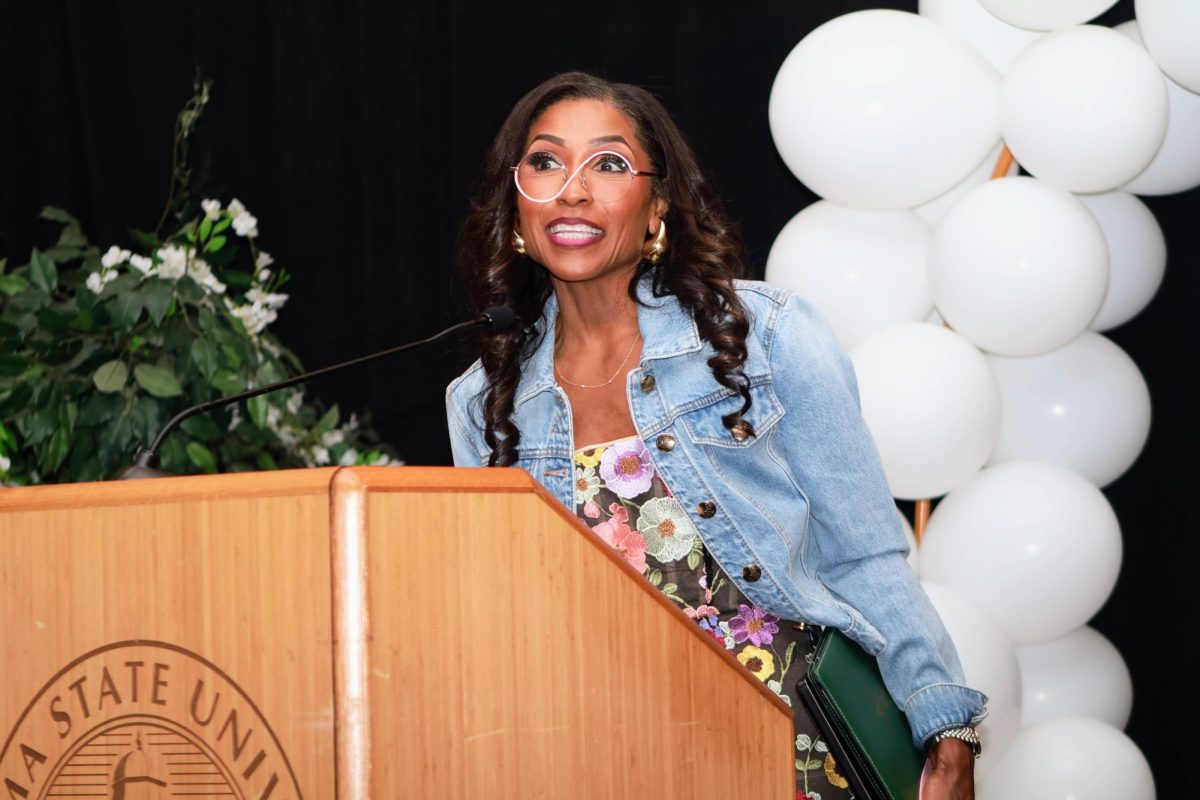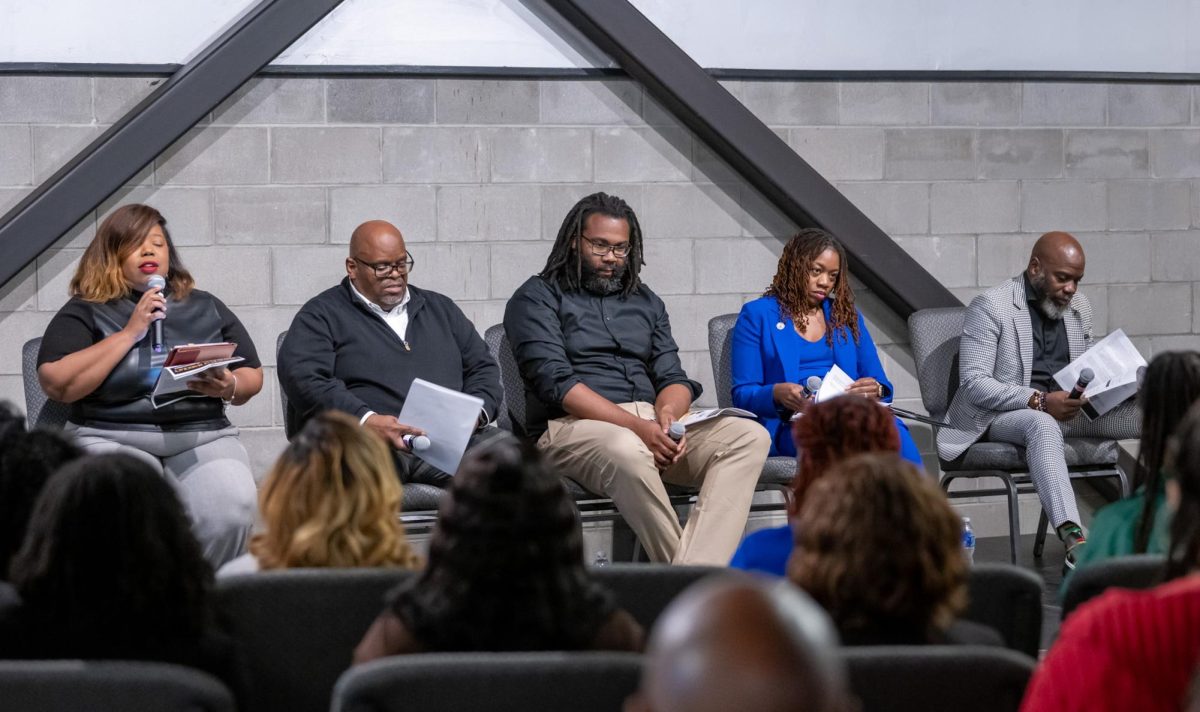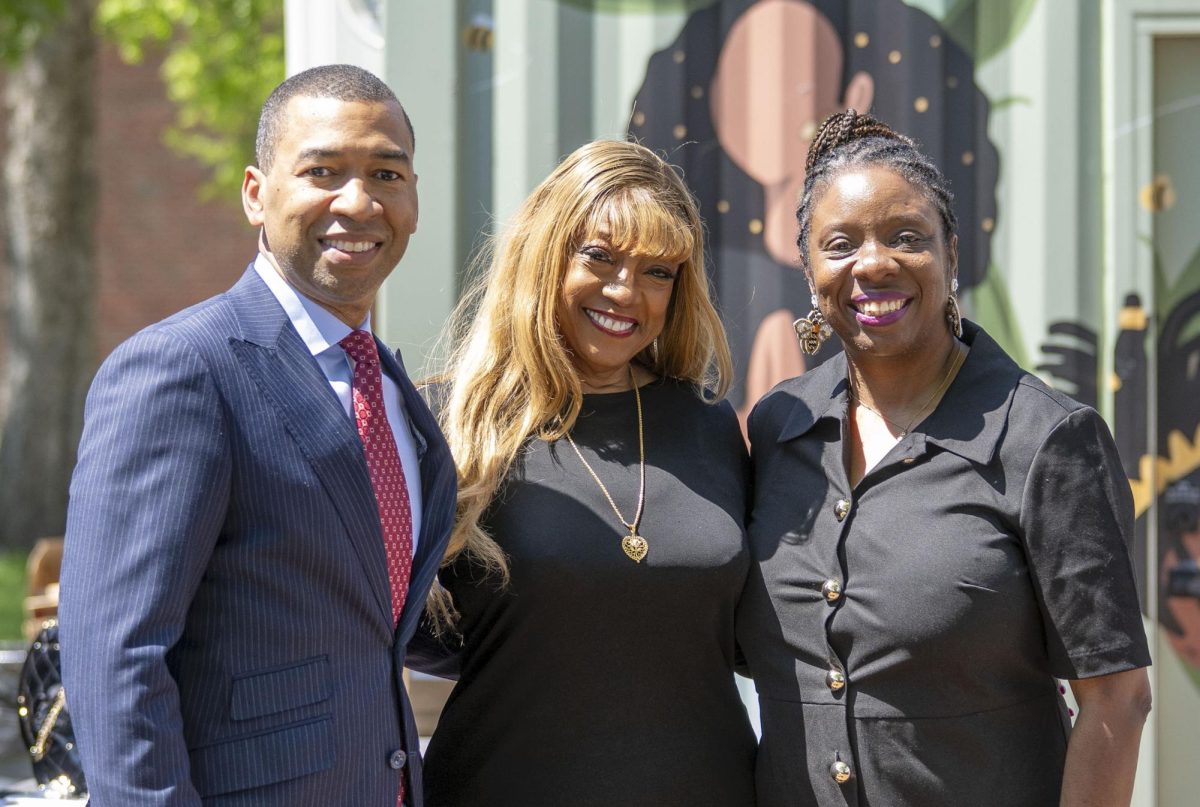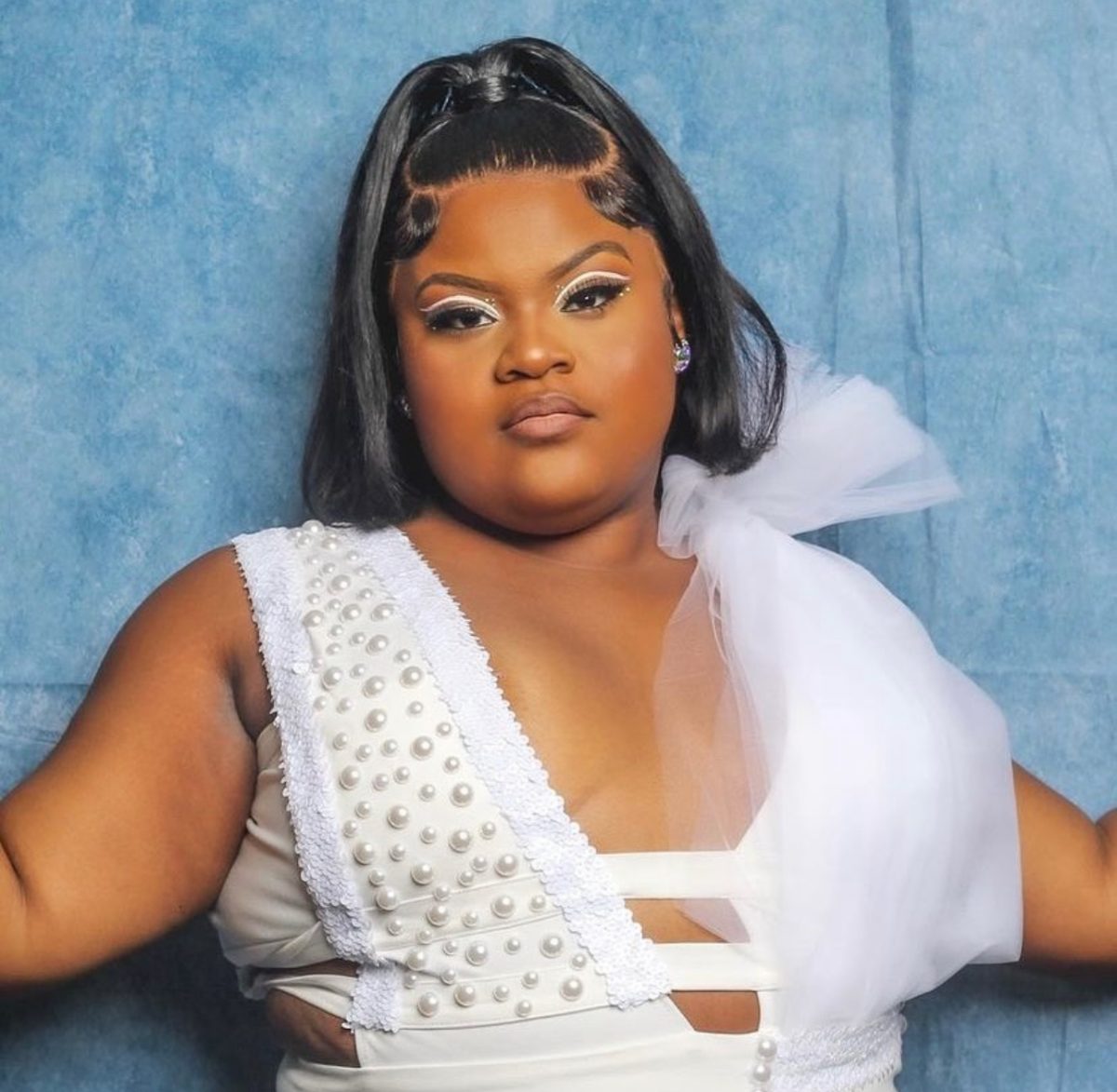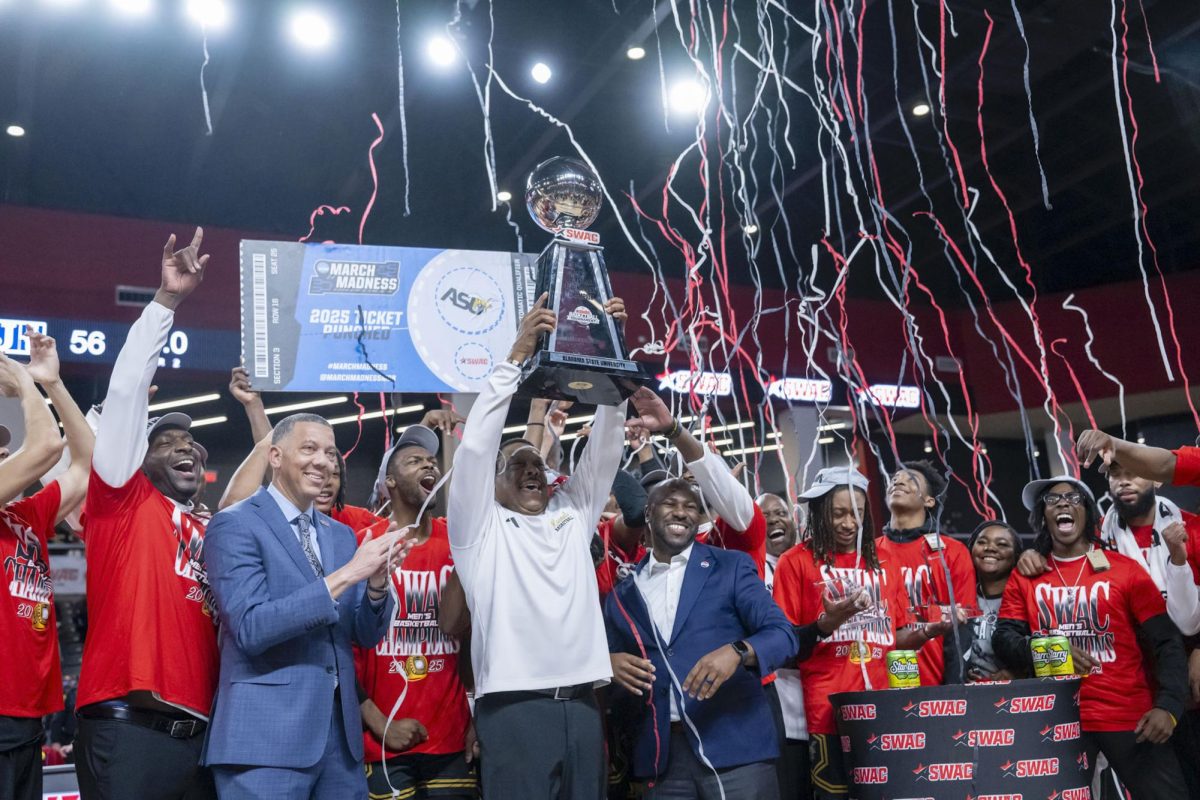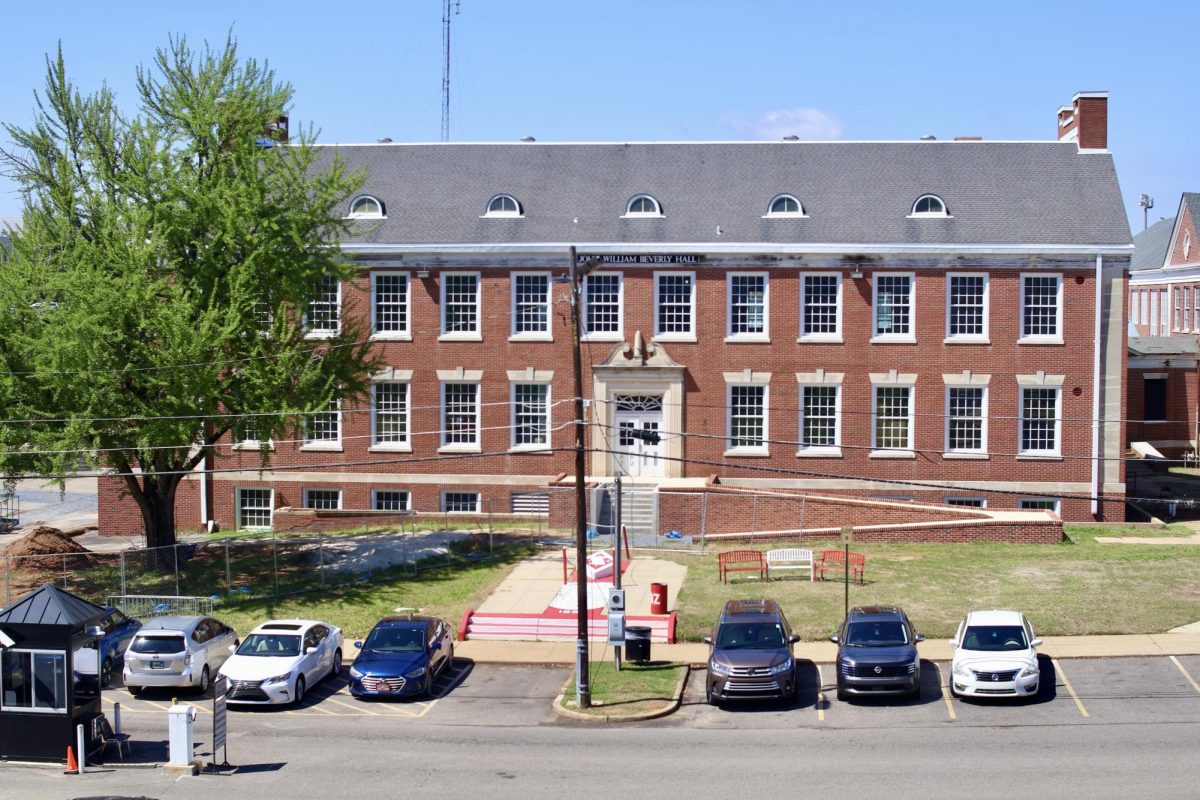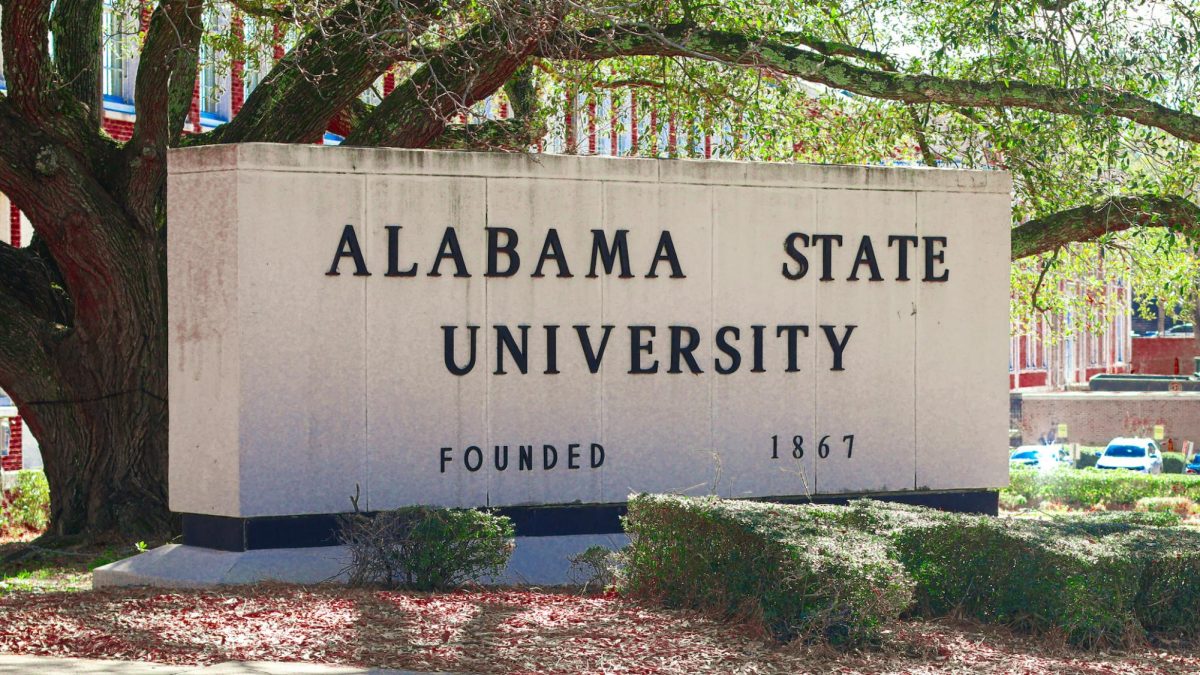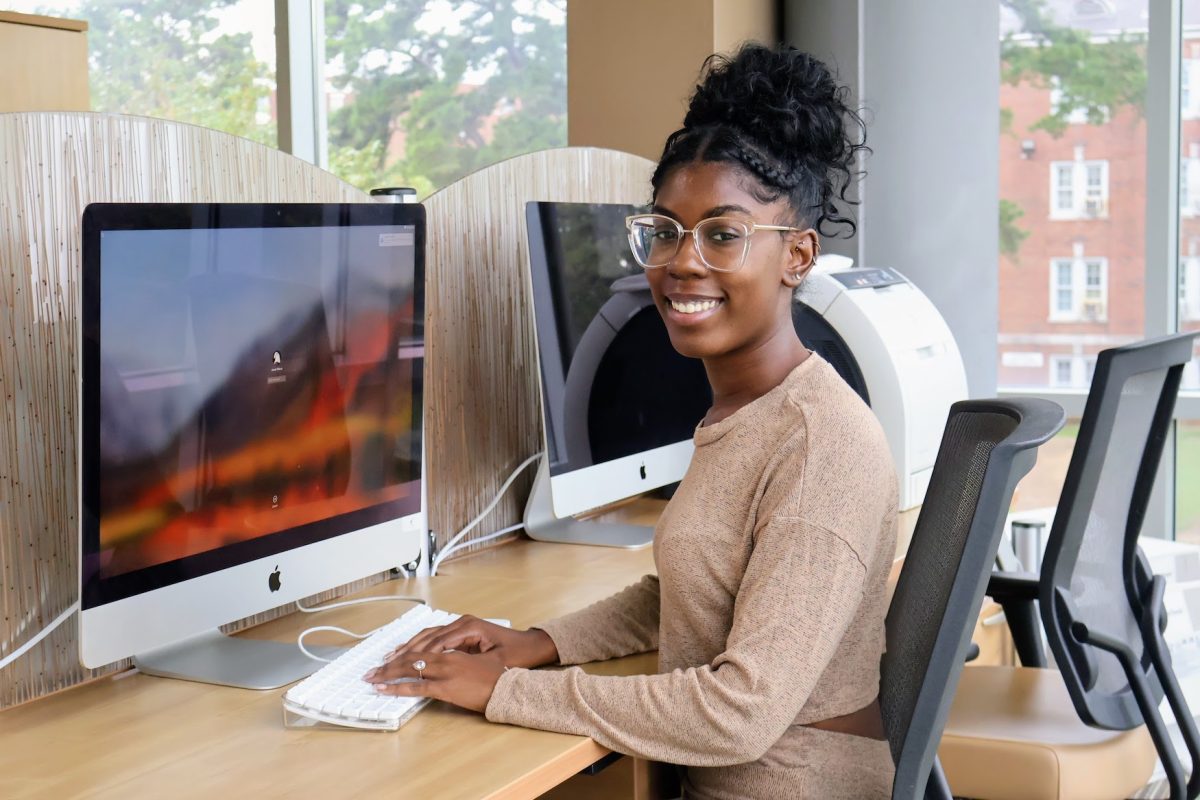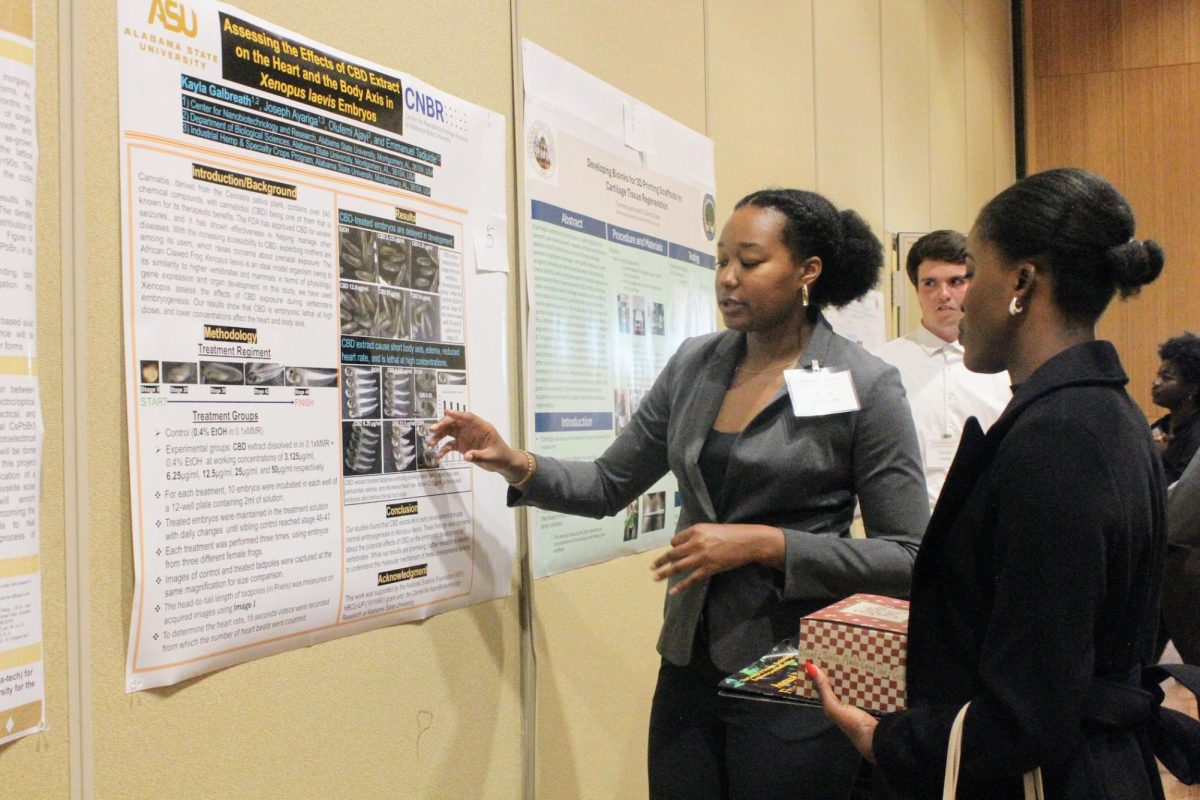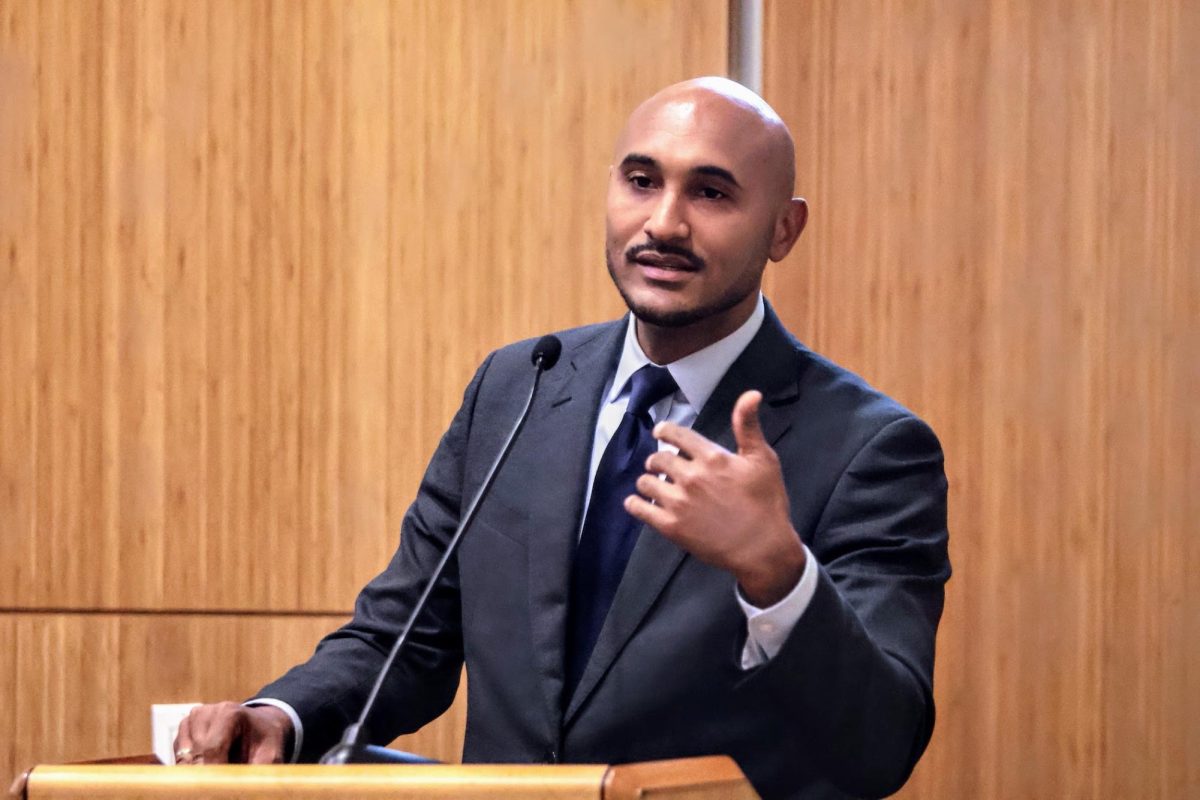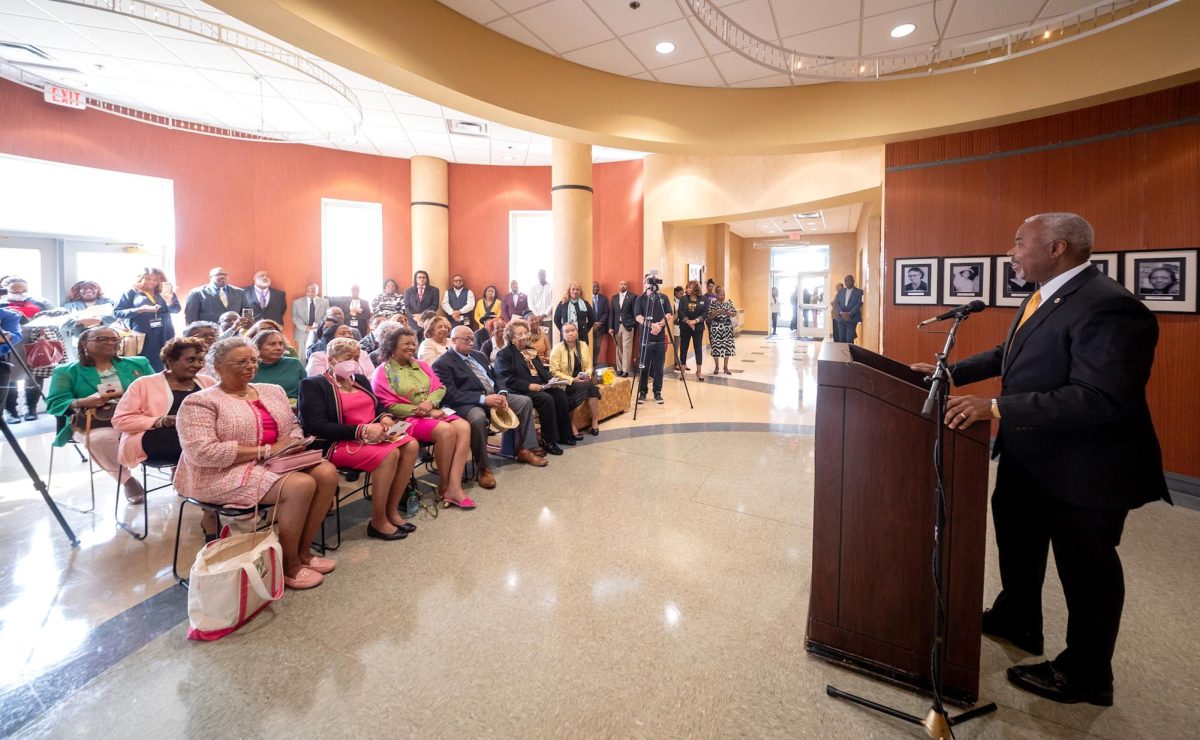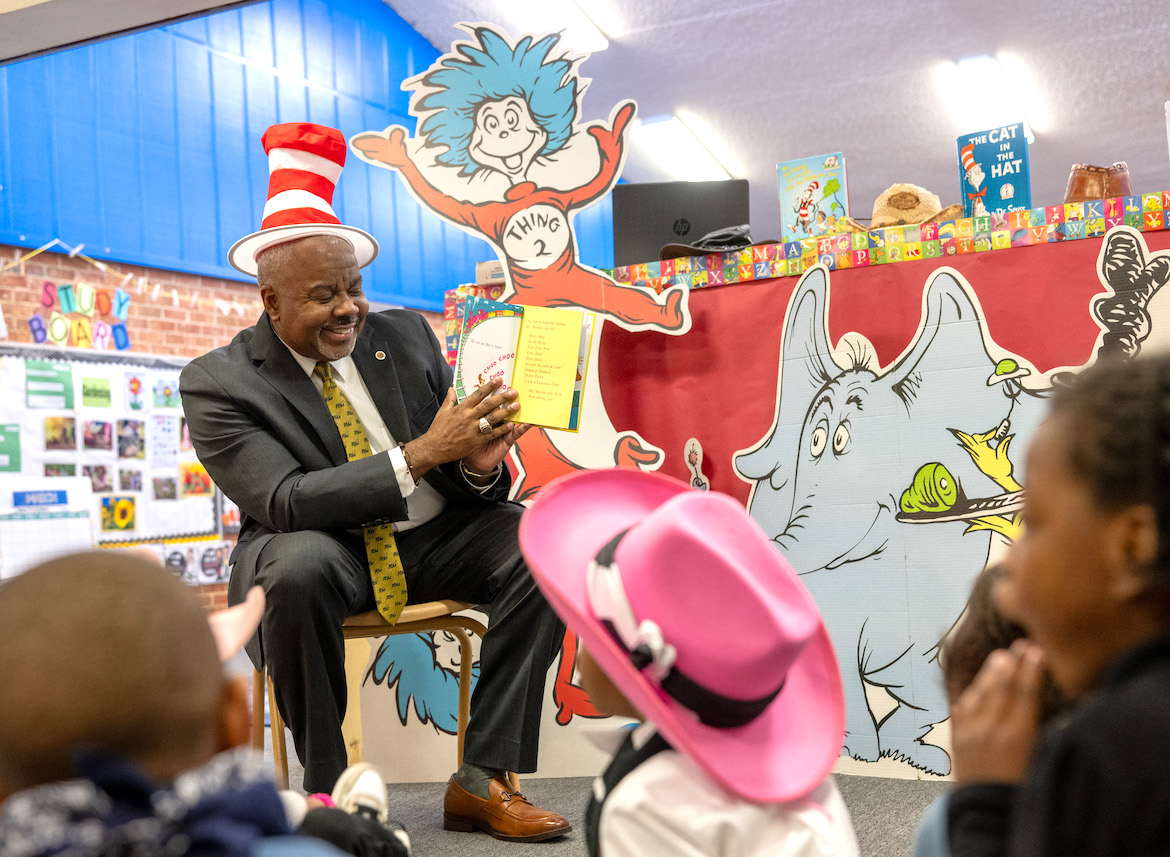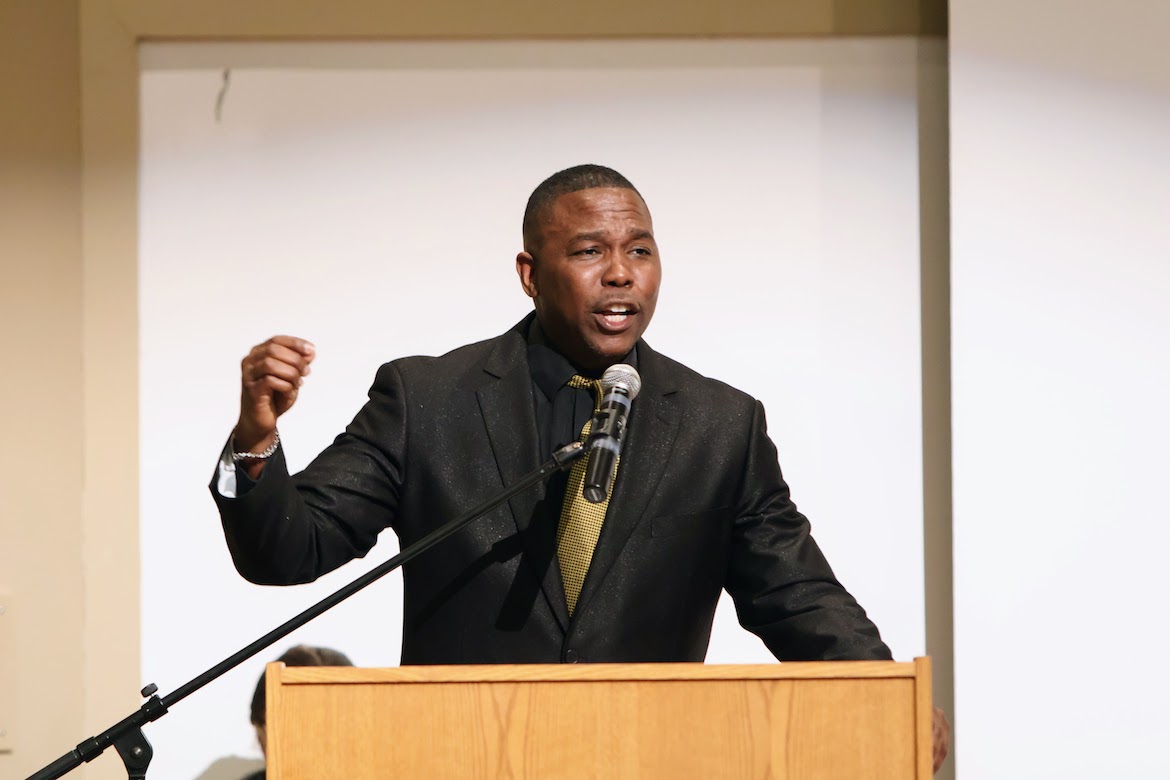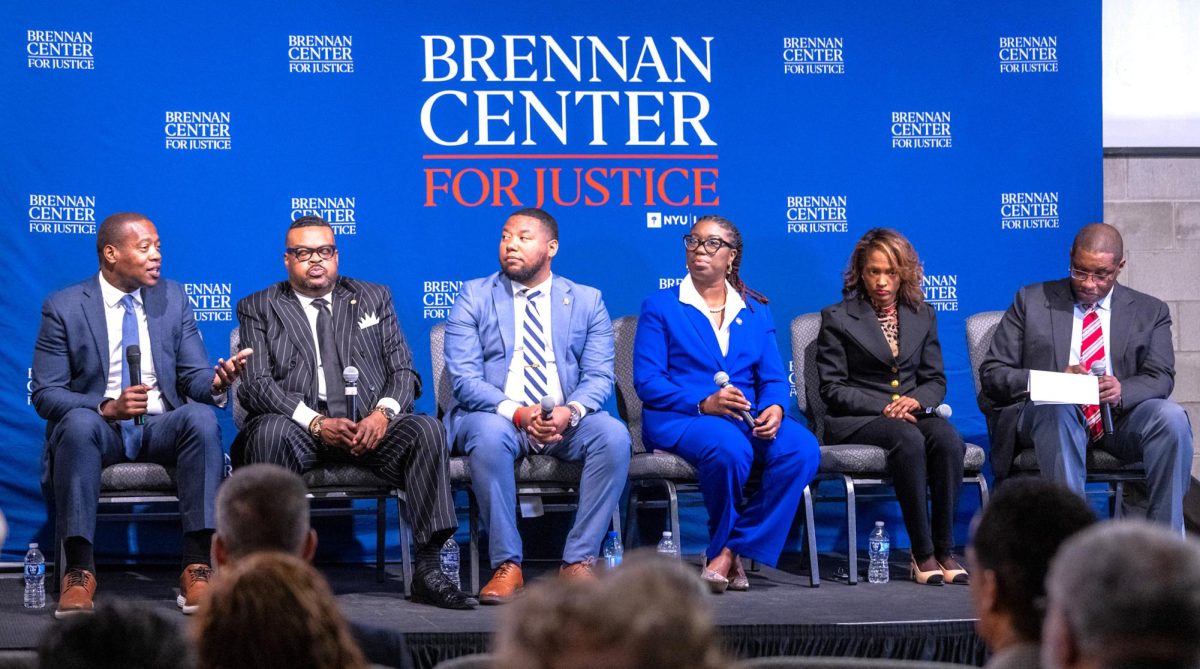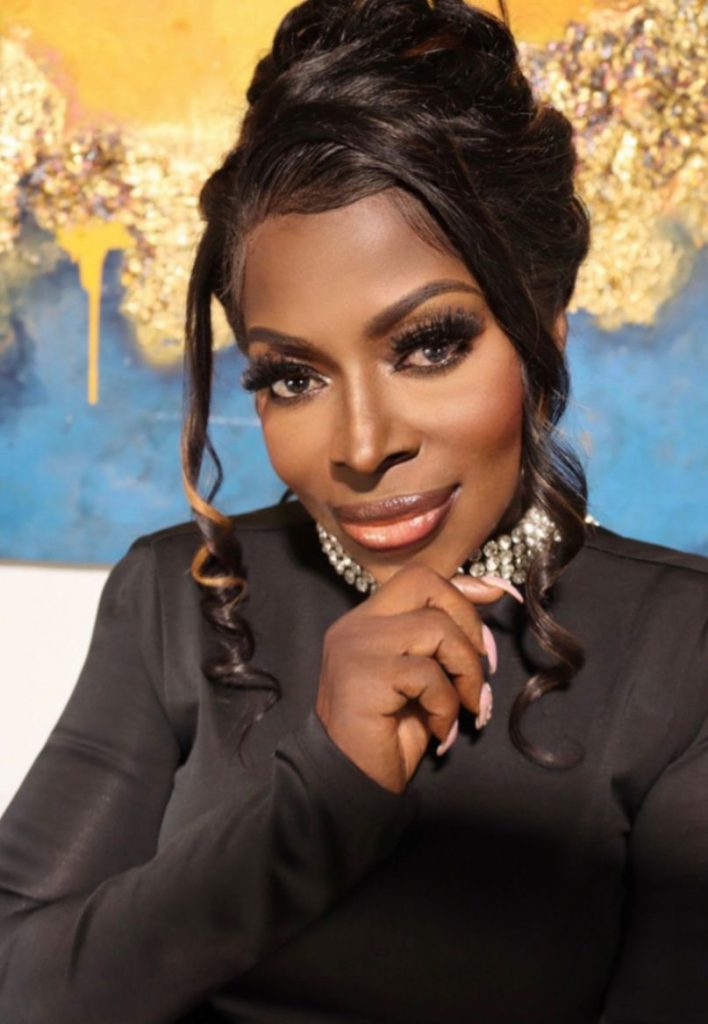In a much-anticipated decision, the U.S. Supreme Court finally ruled in the TikTok Inc. v. Garland case, Jan. 17, that TikTok would have to be sold by ByteDance before Jan. 19, or it must go dark.
ByteDance Ltd., the Chinese-based parent company of TikTok, was issued a one-year deadline to sell the app to an American company due to violating the Protecting Americans from Foreign Adversary Controlled Applications (PAFACA) Act.
Essentially, this act prohibits “providing services to distribute, maintain or update” any applications that are owned or controlled by foreign adversary countries, like China.
“The act requires it to go dark unless ByteDance executes a qualified divestiture,” according to Noel Francisco, the lawyer representing TikTok and ByteDance.
According to the Corporate Finance Institute, a divestiture, or divestment is the disposal of a company unit or its assets through a sale, exchange, closure or bankruptcy.
With TikTok being sold to an U.S. owner, it would remove the government’s fear of Americans being persuaded by Chinese misinformation. If this was not done by Jan. 19, the app would not necessarily be deleted from downloaded apps. Instead, Americans would be unable to update the app and it would no longer function properly.
The U.S. Supreme Court rejected TikTok’s First Amendment appeal, and beginning on Jan. 19, the Act will effectively ban TikTok unless its U.S. operations are divested from ByteDance.
Trump filed an Amicus Curiae brief Dec. 27, 2024, arguing that Congress’ statutory mandate requiring TikTok’s divestment by Jan. 19, unfairly limits the incoming administration’s ability to address the issue diplomatically.
He emphasized his belief that a political resolution negotiated under his leadership would better achieve the Act’s objectives while respecting constitutional rights and preserving executive authority.
Trump called for a postponement of the statutory deadline to allow his administration more time to deliberate on the matter. However, this request was not granted.
According to CNN, Trump issued an executive order to delay enforcement of the divest-or-ban law, but the app was restored Jan. 19 before Trump was sworn into office. Within hours, access to TikTok began to return for U.S. users, with a message stating, “As a result of President Trump’s efforts, TikTok is back in the U.S.!”
However, the long-term future of TikTok in the U.S. remains unclear.
Alabama State University freshman biology pre-health major Morgan Dunham, is not fond of the TikTok ban.
“Like a lot of other people, I do not want TikTok to be shut down.” For Dunham, the app “is a useful tool for gaining inspiration and gathering ideas.” She added that it was “strange the way TikTok made it seem like Trump was the one who saved it.”
Meanwhile, students like Emily Simon, a junior majoring in biology, pointed out the irony of the entire situation.
“I think it’s interesting how Trump initiated the ban during his first term and then gets praised for saving it,” she said. “There are other things that we should be worrying about right now.”
Professors in the department of communications suspected that there is more to the ban than meets the eye.
“It’s very clear to me that the issue of TikTok being a national security risk is not quite true,” professor of communications Carlos Morrison, Ph.D., said. “It seems the amount of money TikTok is generating is much greater than any national security risk.”
Professor of Communications Leslie Byrd, Ph.D. believes that it “wasn’t so much that the Biden administration was about banning TikTok, it was about letting the next administration deal with it.” She added, “We have to be really careful with giving credit where it’s not necessarily due. That just means making sure we have all the proper information.”
Assistant Coach Rebecca Borg of the women’s soccer team believes the postponement of the ban was a stunt pulled by the Trump administration.
“I don’t actually use TikTok, but I do believe if they wanted to ban it, they should’ve just done so.”
Regarding the return of TikTok, she added, “I think he is just trying to make himself look like a hero, to make himself look better after all of the stuff he did on his first day in office.”
Borg also added, “I have only read that TikTok might not be safe when it comes to your data but if that’s something of concern just don’t have the app.”
Assistant Athletic Director Justin Amstutz expressed confusion on who really was behind the idea of saving TikTok.
“I know during President Trump’s first term, banning TikTok was discussed due to the ties to China,” he said. “Biden was saying he will leave it up to President Trump’s administration, so I don’t necessarily know who exactly is saving TikTok.”
He also added, “I have a concern when these things know what you’re doing with the algorithm. It causes me concern thinking about how much is being listened to and monitored. You never know what might be embedded, and I just get concerned about where we’re going with AI and ChatGPT.”
Categories:
University students and faculty respond to TikTok’s ban as Trump delays the ban
Claudia Gillum, Staff Reporter
January 25, 2025
Story continues below advertisement
0
More to Discover


